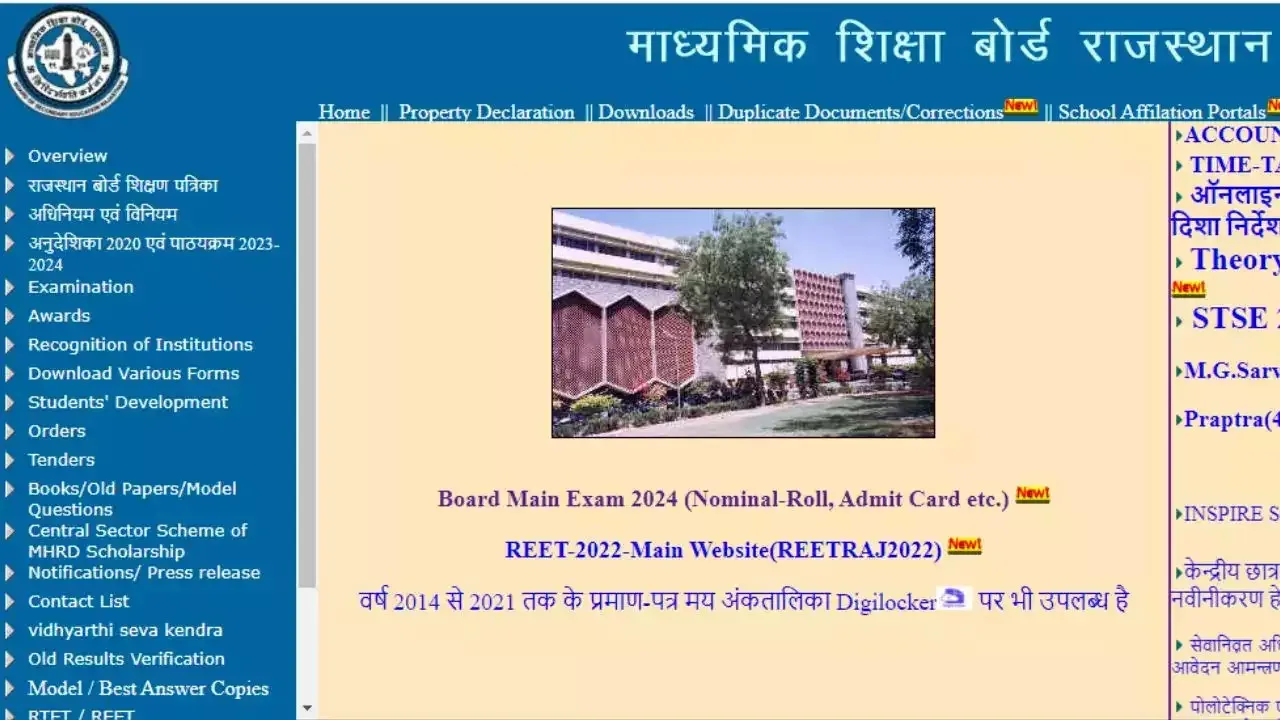Biotechnology holds immense potential to revolutionize various sectors in India, from agriculture and healthcare to bioenergy and environmental solutions. However, translating this potential into real-world applications often requires collaboration between academic institutions brimming with research ideas and industries with the resources to develop them. This is where the Industry Linked Biotechnology Research Scheme (IBRS) steps in, acting as a vital bridge between these two worlds.
What is the Industry Linked Biotechnology Research Scheme (IBRS)?
IBRS is a funding initiative aimed at fostering academia-industry partnerships in the field of biotechnology research. It’s like a matchmaking service for brilliant ideas and the means to bring them to life. The scheme is implemented by various government agencies, with the Kerala State Council for Science, Technology & Environment (KSCSTE) being a prominent example.
The core objective of IBRS is to support research projects that have a clear commercialization goal. This means the research shouldn’t just be confined to the academic realm; it should have the potential to develop into a new product, process, or service that benefits society.
Benefits of IBRS for Researchers and Industries
For Researchers:
- Financial Assistance: IBRS provides crucial financial backing for research projects. This allows scientists and institutions to pursue innovative ideas that might not be feasible with limited internal funding.
- Industry Collaboration: The scheme mandates collaboration with an industry partner. This not only brings valuable industry expertise to the project but also opens doors for future product development and commercialization.
- Improved Research Relevance: The focus on commercialization pushes researchers to consider the practical applications of their work. This ensures the research has a real-world impact.
For Industries:
- Early Access to Innovation: IBRS allows industries to get involved in promising research projects at an early stage. This grants them access to cutting-edge technologies and the potential to develop new products before competitors.
- Reduced R&D Costs: By co-funding research through IBRS, industries can reduce their own research and development expenses.
- Skilled Workforce Pipeline: Collaboration with academic institutions provides industries with access to a pool of talented researchers who could potentially join their workforce in the future.
Key Features and Eligibility for IBRS
Focus Areas:
IBRS prioritizes research projects aligned with national priorities like:
- Agriculture: Developing new crop varieties, improving crop yields, and creating bio-pesticides.
- Healthcare: Advancing research in diagnostics, therapeutics, and drug discovery.
- Bioenergy: Finding sustainable sources of energy through biofuels and biomass.
- Environment: Developing solutions for bioremediation, waste management, and environmental protection.
Eligibility:
- Scientists and technologists from R&D centers, academic institutions, or organizations actively involved in biotechnology research can apply.
- Projects must be submitted in collaboration with an industry partner willing to contribute financially (typically 25% of the total project cost).
Funding and Duration:
- The maximum grant amount can vary depending on the implementing agency but typically falls within the range of Rs. 40 lakhs (excluding industry contribution and overhead costs) for a period of three years.
Selection Process:
- Proposals are evaluated through a rigorous peer-review process and assessed by an expert committee.
- Projects with strong commercialization potential, a well-defined research plan, and a clear industry collaboration plan are most likely to be selected.
The Road Ahead: IBRS Fostering a Culture of Innovation
The Industry Linked Biotechnology Research Scheme plays a crucial role in bridging the gap between academia and industry in India’s biotechnology sector. By providing financial support and encouraging collaboration, IBRS fosters a culture of innovation that can lead to the development of new products, processes, and solutions that benefit society. As research continues to advance, we can expect IBRS to play an even more significant role in propelling India’s biotechnology sector to the forefront of global innovation.
In Conclusion:
The IBRS is a win-win proposition for both researchers and industries. If you’re a researcher with a promising biotechnology idea with commercial potential, or an industry looking to tap into cutting-edge research, then IBRS is definitely worth exploring. By working together, researchers and industries can leverage the power of IBRS to turn innovative ideas into reality and contribute to a brighter future for India’s biotechnology sector.









